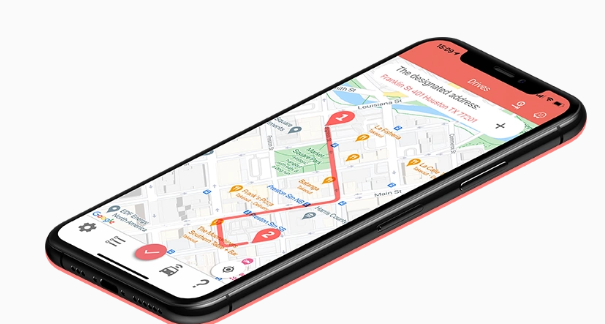
Mileage Tracker App
Mileage tracking, often seen as a mere formality for tax purposes, is far more than just jotting down numbers. It’s a powerful tool with implications for personal finances, business operations, and even environmental impact.
Mileage Tracker App
Why Track Mileage?
Tax Deductions: For individuals and businesses, accurate mileage records are crucial for claiming tax deductions. If you use your personal vehicle for business purposes, you can deduct a portion of your expenses, including gas, maintenance, and depreciation.
Expense Management: Tracking mileage helps you understand your transportation costs. This knowledge empowers you to make informed decisions about your budget, negotiate better deals with clients, and identify areas for potential cost savings.
Business Optimization: For businesses with a fleet of vehicles, mileage tracking is essential for route optimization, fuel efficiency analysis, and overall operational efficiency.
Environmental Awareness: By understanding your driving habits, you can identify areas for improvement in fuel economy. This can lead to reduced fuel consumption, lower emissions, and a smaller carbon footprint.
Personal Finance: Even for personal use, tracking mileage can help you understand your driving habits and identify areas where you can cut back on unnecessary travel, saving you money on gas and maintenance.
Effective Mileage Tracking Methods:
Manual Logbooks: Traditional and reliable, but can be time-consuming.
Mileage Tracking Apps: Offer convenience and automation, with features like GPS integration, automatic trip detection, and customizable reports.
GPS Devices: Provide real-time location data and detailed trip history.
Vehicle On-Board Computers: Some modern vehicles come equipped with built-in systems that track mileage and other vehicle data.
Tips for Accurate Tracking:
Consistency is Key: Maintain a consistent record-keeping habit, whether you use a manual log, an app, or another method.
Be Detailed: Include the date, time, starting and ending locations, and the purpose of each trip.
Regularly Review and Update: Periodically review your records for accuracy and make necessary adjustments.
Explore Technology: Utilize available technology to simplify the tracking process and improve accuracy.
Beyond the Numbers:
Mileage tracking is not just about numbers; it’s about understanding your transportation needs and making informed decisions. By embracing accurate and efficient mileage tracking, you can optimize your finances, improve your business operations, and contribute to a more sustainable future.